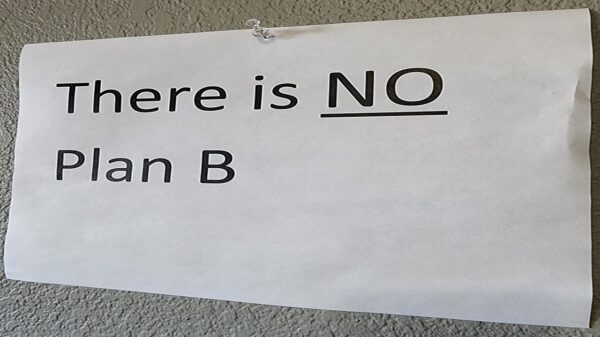Scenario: You are a managing a team working against a tight deadline. Two of your team members come up to you and say they don’t want to work with each other anymore!
If you are a hands-on people manager, you would have already seen it coming. It’s naive to assume that in mature teams with experienced professionals, these situations would not occur. This could happen at any level in the organizational hierarchy and between people of any experience level. Everyone needs a space to operate productively and any intrusion in space results in conflicts.
The maturity with which you handle the situation establishes your managerial ability and acceptability. As an established manager, you should be welcoming these tough situations and discussions. Eventually, successful handling of such situations cement your position as a leader. Remember, these situations have to be dealt with. They will not solve by themselves.
Before we look at possible ways of handling the situation, let’s take a look at possible mess-upsthis would lead to, if not handled properly or overly delayed.
The first symptom is either or both of them not turning up for work (Out sick or WFH emails :)). If they are peers, factions develop over time. If one of them is other’s supervisor, the overall delivery would slow down along with its quality. Team morale would obviously take a hit, eventually resulting in attrition of either the two confronted individuals or other high performers in the team who get tired of seeing the negative vibes in the team.
Obviously, the first thing you would do is to talk to them wholeheartedly, irrespective how busy you are and how urgent your delivery is. It could be a formal meeting or an informal one at cafeteria or car park. Attention is the essence. I would personally prefer it to be joint meeting between the confronting individuals in a formal setup.
Most likely, they will have the solution(s) themselves – a redistribution of responsibilities with lesser face off with each other. If you agree to their proposal, your job then becomes one of facilitating the solution by talking to the stakeholders. The sooner you do it the better it is.
If they don’t have solution or it contradicts overall team objective, you need to obviously buy time and put a time-bound action plan in place. This is the critical piece. Do not jump to conclusionsor be judgmental or try and find solutions then and there. No one is right or wrong. Also, remember that you are solving for them and not for yourself.You need to put your thinking hat, understand the root cause of conflict and come up with solutions by discussing with stakeholders. The essence is your commitment to find an amicable solution without impacting delivery. You need to show progress to both the confronting individuals and ensure they are treated as they were before. Also, while you are at it, you need to ensure the confronting individuals are absolutely focused on the delivery at hand.
Understanding of the root cause needs deep understanding of human psyche (which comes via training and experience). As an experienced manager, you need to read between the lines and hear words not spoken openly. Instead of going into the behavioral conflicts and motivation theory, I would rather stop at saying that conflicting individuals look up to you for results rather than efforts. So, if you put in great efforts but eventually doesn’t resolve the issue for them, they will still be upset irrespective of your efforts.
Some of the subtle things that you might want to do. Inform your manager about the conflict and that you are working through it. He would rather know from you than some one else. Also, you need to assert to the individuals that they need to keep it within themselves and any loose talk or show of conflict on the floor would deeply upset you. At the same time, you should also assert to them that this conflict would not be adversely impact their year end performance rating (to be honest, they wouldn’t even care while they are in war zone).
Once a solution is implemented (it could be as simple as a change in seating to a complete team structure overhaul), don’t forget to have a closure session! Don’t forget to keep a close pulse check for some duration just to ensure that the symptoms don’t repeat. Wait for the next group of confronting individuals to knock your door!!!! 🙂
Finally, will leave you with a thought (homework!). What would you do if you are one of those confronting individuals :)?
(published Saturday, June 20, 2015)






